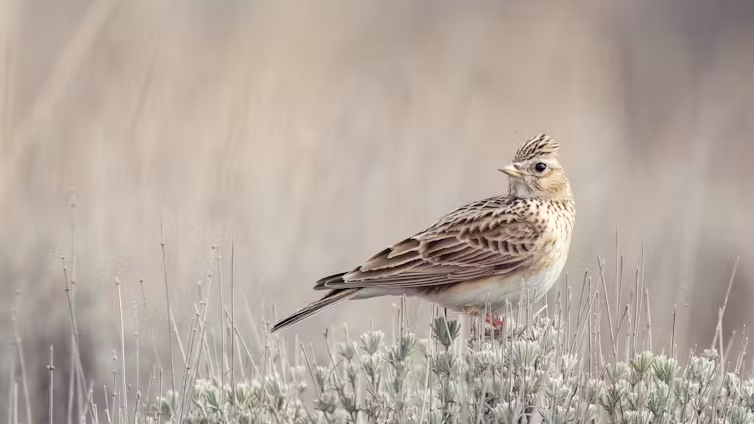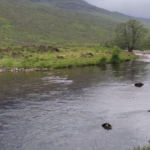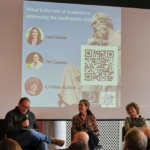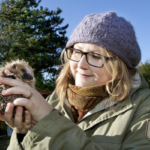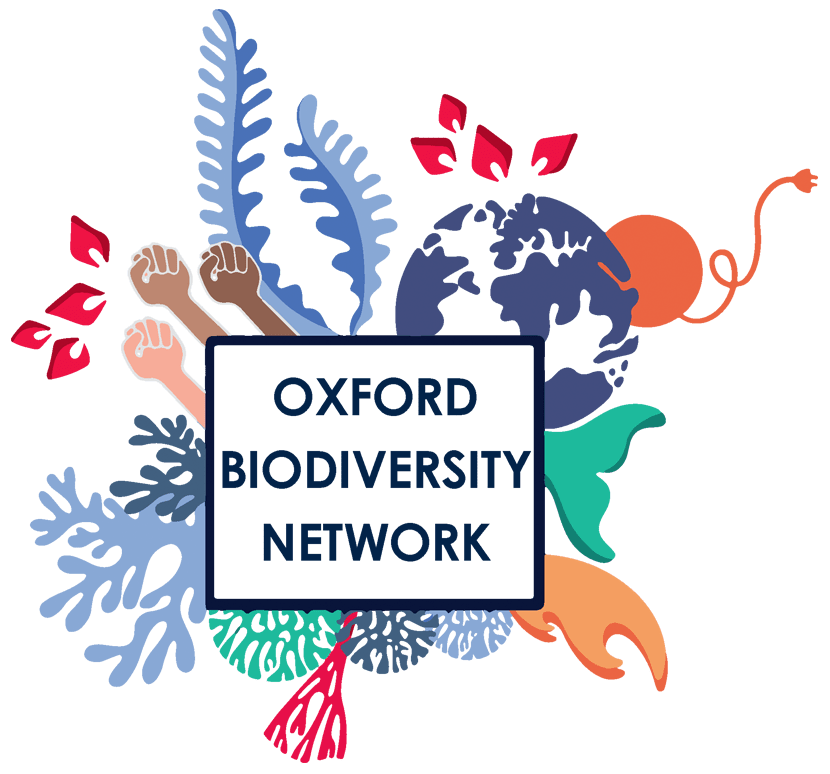On COVID-19, and rebalancing our relationship with nature: what have we learned one year on?
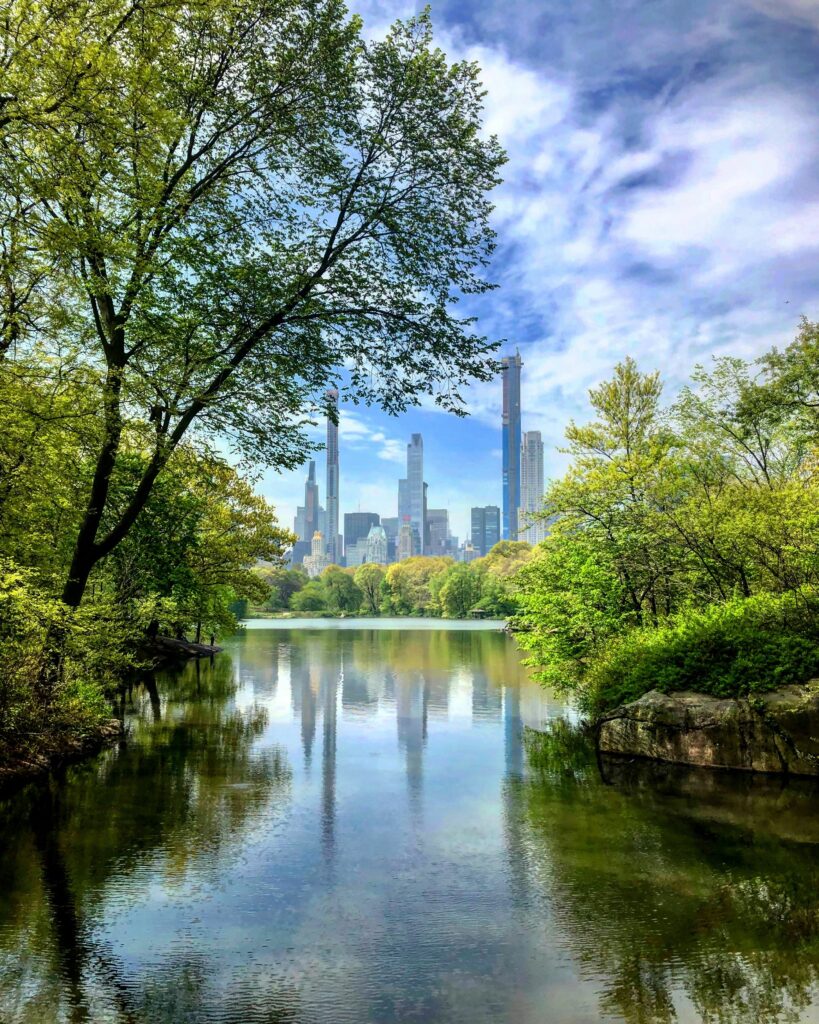
Story by Hollie Booth
The Interdisciplinary Centre for Conservation Science (ICCS), based at Oxford’s Department of Zoology, have spent the past 15 months looking at how post-pandemic recovery plans can help (or hinder) conservation efforts. This includes the launch of Pledge for our Earth, where individuals commit to doing their part in resetting our relationship with nature. PhD candidate Hollie Booth explains more.
“2020 was supposed to be a super year for nature. Instead we got a pandemic. Arguably, it is our strained relationship with nature that got us in to this mess… It reminds us how intertwined we are with nature, and how the choices we make about our food systems and broader human-nature relations can have rippling global impacts” It’s been over a year since ICCS published this original blog – ‘On COVID-19, and rebalancing our relationship with nature’. Since then, the group has been working on a range of policy-relevant research at the intersection between natural resource use (particularly wildlife trade) and COVID-19.
In this time, ICCS have advised UK Research and Innovation on animal origins of infectious diseases; explored some of the systemic consequences of COVID-19 and associated policy responses for wildlife trade, nature and development; and offered guidance on risk-based wildlife trade policy for sustainable development outcomes post-COVID-19. Here’s what they’ve learned.
Importantly, despite an initial focus on China’s wildlife consumption as the culprit behind the COVID-19 outbreak, and clear evidence that horseshoe bats are reservoirs of coronaviruses, the route of COVID-19’s transmission to humans remains unproven.
As explored in a UK Research and Innovation article on Understanding Outbreaks, over two-thirds of historic zoonotic viruses originated in wild animals, most frequently rodents, bats and primates. Their transmission primarily occurs at human-livestock-wildlife interfaces, and these risks have led to calls for more stringent bio-safety rules in relation to the sale and trade of live animals. For example, the Chinese government has banned farming and trade of many terrestrial wild animals for edible use.
However, while there is a clear need for a green recovery – which puts the nature at the heart of post-pandemic stimulus packages – it is hard to find an unambiguous conservation silver lining to COVID-19, and it certainly does not lie in indiscriminate wildlife trade bans.
Wild animals play an integral and complex role in the economies and ecologies of many countries across the globe, and the links between the COVID-19 pandemic, rural livelihoods and wildlife are complex, nuanced, and far-reaching. For example, the resulting economic shockwave, manifested in the collapse in global demand for commodities and international tourism services, could increase pressure on wildlife populations in parts of Central and Western Africa.
Unnuanced policy responses to COVID-19 – such as blanket wildlife trade bans – could also result in negative impacts for people. They could drive food insecurity, due to reduced protein and nutrition, and/or land-use change to replace lost nutrients with animal agriculture. Since land-use change and animal agriculture are the biggest drivers of biodiversity loss and emerging infectious disease risk globally, this could do more harm than good for biodiversity and public health.
ICCS researchers argue that conservation-linked responses to COVID-19 need to address key drivers of biodiversity loss and emerging infectious disease risk (primarily habitat destruction and industrialised livestock production), and respect the rights and needs of indigenous people and local communities who depend on natural resources both for food and income. This will require risk-based wildlife trade policy, as well as addressing the environmental and health costs of animal agriculture.
So what next? While our unbalanced relationship with nature may have caused this pandemic, the challenge is to rebalance it in a way that helps to prevent future zoonotic pandemics and other existential risks including biodiversity loss and climate change. This necessitates both individual change and systems change, “recognis[ing] that a rainbow of approaches is needed, dependent on scale, location and circumstances”, so that nature and people can thrive together.
Some of ICCS’s latest initiatives are focused on facilitating these changes. Building on our research, we have launched Pledge For Our Future – a global community of people who want to fundamentally reset their relationship with nature. We have also been working on a new framework for making decisions which balances conservation and development priorities; the Mitigation and Conservation Hierarchy – a united step-by-step approach for empowering individuals, organisations and governments to build a nature-positive world. Ultimately, we all have the power and the responsibility to make meaningful change towards resetting our relationship with nature in the future.
Visit our ICCS Covid updates page here
Other recent stories
